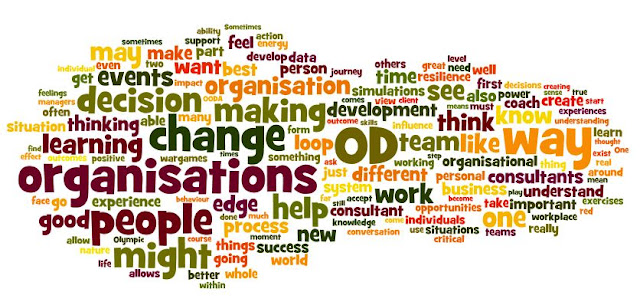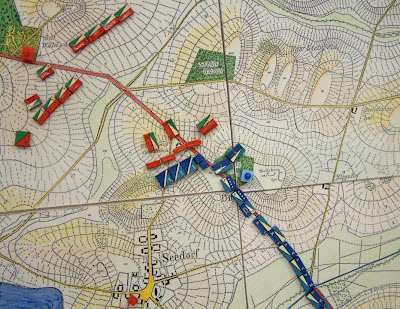Business Continuity as a form of OD

Is Business Continuity a form of OD? It's a bit early in the week to wire up "The Cogitator" and consider the world of OD through my own particular lens, but as I am delivering a Business Continuity decision making exercise this week I wanted to stop for a moment to consider the connection between Business Continuity and Organisational development. Does BC = OD? Simulations provide a key opportunity for learning and offer an opportunity to analyse decision making in a safe environment and are an excellent tapestry for personal development, yet few relatively few organisations choose to run decision making exercises for this purpose. In the field of L&D overall simulations tend to be niche areas, and not always regarded as the first option. I find this rather thought provoking, especially when the role of simulations is so well established in some other areas of organisations. Take for instance the field of Business Continuity. Business Continui...



